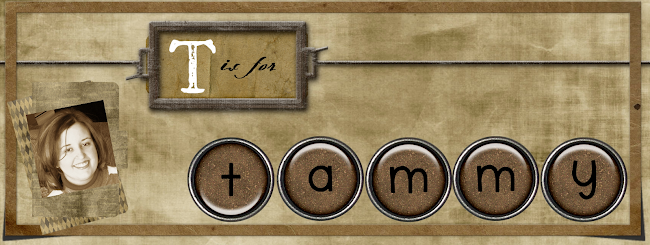- Losing a spouse--not to death, but to divorce or separation
- Losing a young child--born or unborn
- Losing a home--through financial hardship
- Losing a close friend or family member--due to suicide
Evidently, losing a ministry as a pastor can be added to the list. All of these are truly difficult losses, but somehow they're more "taboo" than others. No one chides you for crying at a funeral if you lose your spouse to a heart attack, but if you grieve your loss through divorce, there is only shame, and no sympathy. I'm not saying sometimes people aren't at fault, or at least partially at fault, for their own difficulties, but shouldn't we be loving just the same? I'm not saying there isn't a time and place for advice and all of that, but even if it's needed, so is sympathy.
For my part, at one point this past spring, I desparately tried reaching out to two different groups of people--"older women" (See Titus 2) in the faith and in ministry and some close friends, none of which were geographically close at the time. From the first group, I was disappointed to have little response to my pathetic plea for empathy and advice. Silence was a painful response to receive. One, a fellow pastor's wife, responded with such lack of depth that it actually made me laugh: "I hope that you can find some Scripture to comfort and help you at this time." I appreciated her assumption that I could find some, but I surely hope she counsels others with a little more depth.
From the second group, there were many surprisingly hurtful comments, and I won't go into them, but I will say this--many failed to say,"I'm sorry you're going through this." Every major part of my life--my home, my church, my financial security, my job--were all being replaced with major uncertainty, and I knew that "someday this will be a good experience to look back on," but that's not really what I wanted--or needed--to hear.
Now before you think I'm just pulling this out to say "poor me," let me remind you of my last post about that ugly "B" word--Bitterness. Honestly, my heart is not tugging at me to become embittered as I write these things. Part of that is probably because I fully realize that I have been at fault for saying nothing or too much or any number of wrong kinds of things when friends have gone through hard things.
Aside from some true sympathetic and Scriptural encouragement from friends who had "been where I was," I think the most helpful thing was when a friend was just honest. She kind of laughed awkwardly when I told her, in brief, what had happened and said,"I don't know what to say except that I'm so sorry you have to go through this." Those simple, honest, awkward words were like healing balm to my heart. Oh, and I think she gave me some chocolate too. :)











No comments:
Post a Comment